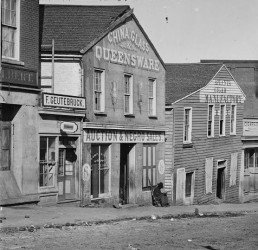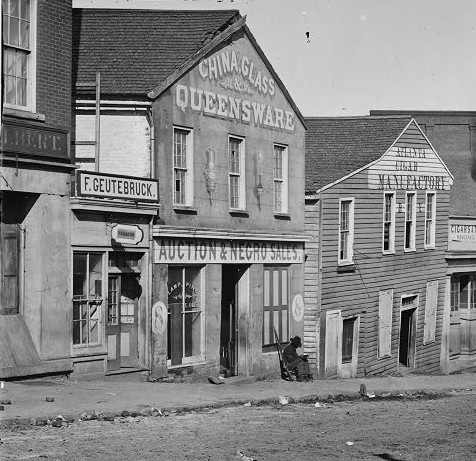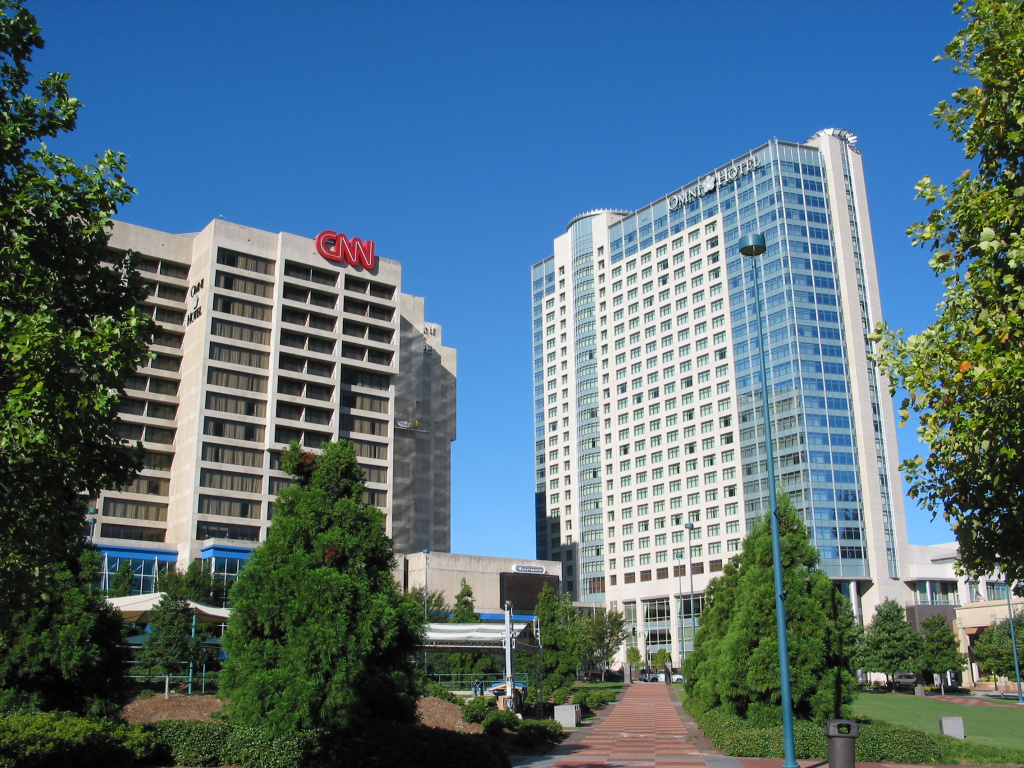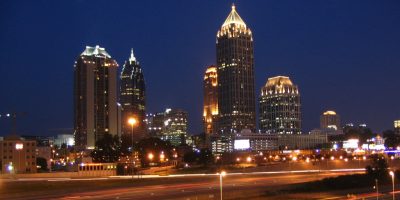 The State of Georgia was the thirteenth and among the earliest colonies of the United States. Its name was coined after King George II of Great Britain. The first inhabitants of Georgia were the ancient Indians who are also known as the Mound Builders. They were followed by two other groups of settlers: the Cherokee Indians, who occupied the Western and Southern portions of the Chattahoochee River, and the Creek, who lived in the Southern and Eastern regions of the Chattahoochee River.
The State of Georgia was the thirteenth and among the earliest colonies of the United States. Its name was coined after King George II of Great Britain. The first inhabitants of Georgia were the ancient Indians who are also known as the Mound Builders. They were followed by two other groups of settlers: the Cherokee Indians, who occupied the Western and Southern portions of the Chattahoochee River, and the Creek, who lived in the Southern and Eastern regions of the Chattahoochee River.
The City of Atlanta came into formation in the year 1837 when the place was chosen by the Western and Atlantic Railroad to become the last station of its trail in the South. The place was originally known as Terminus. In 1843, the name of the town was changed to Marthasville, which was drawn from the name of Governor Wilson Lumpkin’s daughter. The name Atlanta was adopted in 1847, the year of the city’s incorporation. An engineer from the Western and Atlantic railroad purportedly made up the name “Atlanta”, which was said to be the female form of Atlantic.
In 1861, during the Civil war period, Atlanta became the center of the manufacturing, resource, and railroad industry. However, with the objective of weakening the transportation between the North and the South, the army headed by Union General William T. Sherman damaged almost all of the city’s economic resources by fire, including the railroad, business, and almost seventy percent of the homes in the city. This was popularly dubbed in history as the “March to the Sea”. Atlanta became deeply devastated and was the sole American city damaged by the Civil War.Atlanta recovered shortly after the war. The capital of Georgia was transferred to Atlanta from Milledgeville four years after the war. During such time, the campaign to draw businesses was in progress. Academic institutions started to open, telephone lines were established, and trolleys were in operation. In 1895, the Cotton States and International Exposition in Piedmont Park proved to 800,000 guests and locals that Atlanta was prepared for the twentieth century.
During the later part of the 1920s, business districts started to build up in Atlanta. Through the persistent efforts of Atlanta Alderman William B. Hartsfield, who later became the city mayor, the unoccupied racetrack was developed into an airport. Having more than 80 million passengers each year, the Hartsfield-Jackson International Airport is considered as the world’s most active airport nowadays.
Atlanta was also regarded as the “City Too Busy to Hate”. In the Southeast, Atlanta was the forerunner in empowering minority groups during the 1950s and the 1960s. In fact, Atlanta was home to Martin Luther King, Jr., the well-known leader of the civil rights movement in the United States.
Atlanta progressed a great deal in the last 25 years such that the city was recognized internationally. Several accomplishments brought Atlanta to this status. MARTA, an effective and well-organized mode of transportation, was established. Underground Atlanta became highly acknowledged in the entertainment industry. The Georgia World Congress Center developed into a central convention venue. In 1992, the Georgia Dome was constructed and, seven years later, the Philips Arena was built.
In 1996, the international community witnessed how Atlanta advanced over the years while it hosted the Centennial Olympic Games. Atlanta did extremely well in accommodating the largest Olympic Gamed ever held. Through the Olympics, the city was introduced to 2 million visitors and was featured on air to 3.5 billion audiences. Aided with $6 billion dollars development fund, Atlanta developed into a globally acknowledged city as it successfully housed the 1996 Olympic Games.



